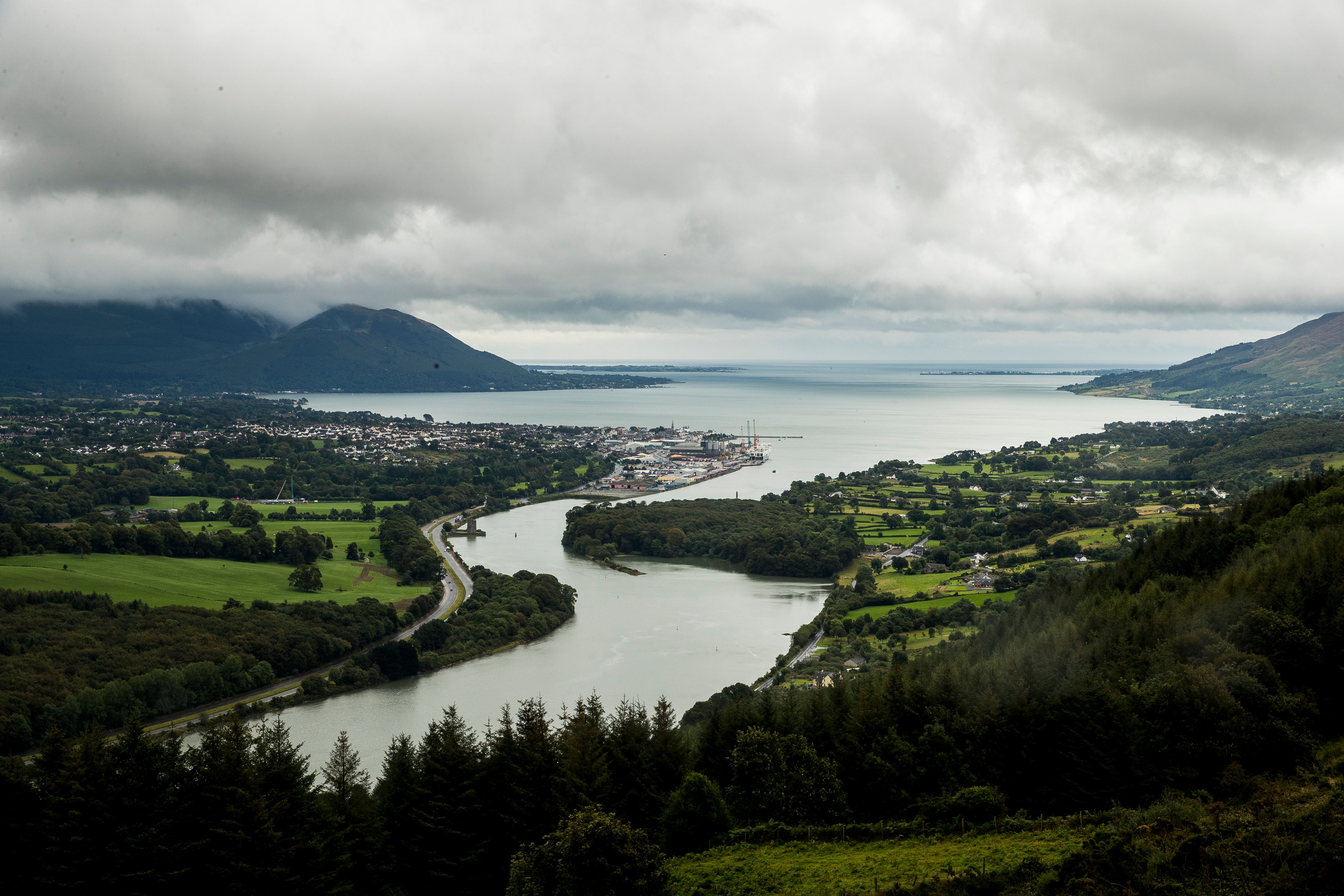Cost not the main factor in unity debate, Ireland’s incoming leader says
Simon Harris is expected to become taoiseach this week.

Your support helps us to tell the story
From reproductive rights to climate change to Big Tech, The Independent is on the ground when the story is developing. Whether it's investigating the financials of Elon Musk's pro-Trump PAC or producing our latest documentary, 'The A Word', which shines a light on the American women fighting for reproductive rights, we know how important it is to parse out the facts from the messaging.
At such a critical moment in US history, we need reporters on the ground. Your donation allows us to keep sending journalists to speak to both sides of the story.
The Independent is trusted by Americans across the entire political spectrum. And unlike many other quality news outlets, we choose not to lock Americans out of our reporting and analysis with paywalls. We believe quality journalism should be available to everyone, paid for by those who can afford it.
Your support makes all the difference.Cost should not be the overbearing factor in consideration of a united Ireland, Simon Harris has insisted.
The Fine Gael leader and incoming taoiseach said despite his view that reunification should not be a priority at the present time, he said he remained committed to the objective and hoped he would see it achieved in his lifetime.
Mr Harris told reporters on Friday that achieving a united Ireland was not where his priorities currently lie.
On Sunday he was asked about that stance and also on the findings of a new study from the Dublin-based Institute of International and European Affairs (IIEA) that suggested unification could cost the Irish government 20 billion euros a year for 20 years, with a 25% increase in taxation potentially needed to shoulder the costs of uniting Northern Ireland and the Republic of Ireland.
“Instinctively, I want to see a united Ireland and cost isn’t the overbearing factor,” Mr Harris told RTE in response to the report’s findings.
But he stressed his priority was harnessing the “full potential” of the Good Friday Agreement and building better cross border relations.
Mr Harris, who is set to become taoiseach on Tuesday, will attend a meeting of the North South Ministerial Council in Armagh on Monday.
It will be outgoing Taoiseach Leo Varadkar’s last political engagement before formally tendering his resignation to the President of Ireland Michael D Higgins on Monday evening.
Mr Harris said he would not be dismissive of the IIEA report but said its findings had prompted a lot of scrutiny.
“There’s a dynamic effect to any economic change, but the point is the Good Friday Agreement provides a way forward for people’s political aspirations,” he told RTE’s The Week In Politics show.
“The priority right now, in my view, for the people on the island of Ireland is to live in peace, live in prosperity, get to know each other better, cooperate and collaborate.”
In a later interview with RTE’s This Week programme, Mr Harris was asked was he turning his back on Fine Gael’s founding principle of seeking a united Ireland.
“Let me be clear, I want to see a united Ireland, I believe in a united Ireland, it is in the title of my party,” he said.
He added: “It’s my personal political aspiration that we would see one in my lifetime but I’m one person, as taoiseach of this country, should I be given that honour next week, my immediate priority will be on ensuring that we can see the full potential and beauty of the Good Friday Agreement in peace and prosperity across this island and closer relationships with our nearest neighbour in the UK.
“And I think that’s where the focus should be right now.”
Mr Harris said peace on the island was “enduring” but cautioned that it could be “chilly” and “frosty” at times.
“So, I want my focus to be on practical areas of cooperation and collaboration and getting to know each other better,” he added.